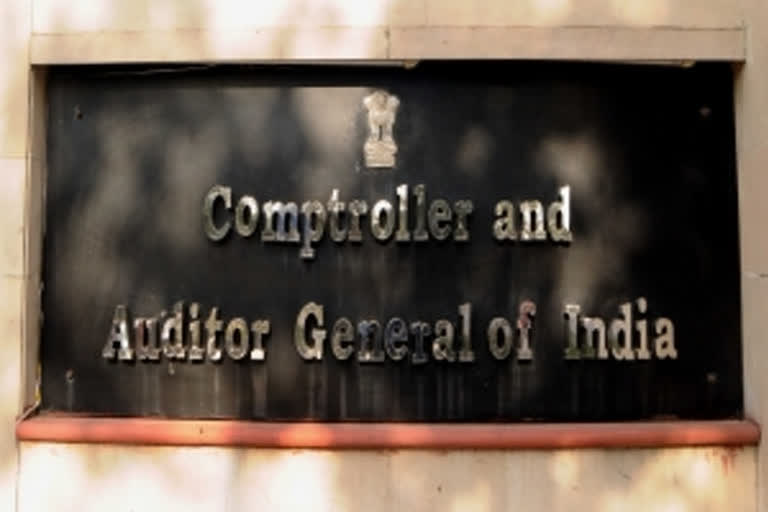New Delhi: The Comptroller and Auditor General (CAG) has found that the Union government in the very first two years of the GST implementation wrongly retained Rs 47,272 crore of GST compensation cess that was meant to be used specifically to compensate states for loss of revenue.
In its audit report of government accounts, the CAG flagged that the amount was to be credited to the non-lapsable GST Compensation Cess collection fund for payment to states for loss of revenue due to implementation of GST since 2017, but the government did not do so, and thus violated the GST law.
"The GST Compensation Cess Act, 2017 provides for levy of cess for the purpose of providing compensation to the states for loss of revenue arising due to implementation of GST for a period specified in the Act," CAG said.
As per the Act and the accounting procedure, the entire cess collected during the year is required to be credited to a non-lapsable Fund (the GST Compensation Cess Fund) which shall form part of the Public Account and shall be used for the purpose mentioned i.e., for providing compensation to states for loss of revenue.
CAG said out of the Rs 62,612 crore GST Compensation Cess collected in 2017-18, Rs 56,146 crore was transferred to the non-lapsable fund.
In the following year (2018-19), Rs 54,275 crore out of Rs 95,081 crore collected was transferred to the fund.
The short transfer in 2017-18 was Rs 6,466 crore and in 2018-19 it was Rs 40,806 crore, CAG said adding the Centre used this money for "other purposes" which "led to an overstatement of revenue receipts and understatement of fiscal deficit for the year".
The short-crediting was a violation of the GST Compensation Cess Act, 2017.
The issue of compensation cess is driving a wedge between the Centre and states at the GST Council - the highest decision making body of the GST regime that had subsumed 17 different central and state taxes such as excise duty and VAT.
States have not been paid their promised compensation for letting go their powers to levy taxes on goods and services since last fiscal. The Centre says a slowdown in the economy has meant that not enough money is being collected by way of cess that is levied on luxury and sin goods.
The Centre has asked states to borrow for meeting the revenue shortfall. States ruled by Congress, Left, TMC and AAP have opposed the move completely arguing that the Centre should borrow and provide to states, since states have given majority of their taxation powers to the Centre under GST regime introduced in July 2017.
The CAG findings run contrary to Finance Minister Nirmala Sitharaman's submissions in Parliament last week that states could not be compensated for revenue shortfall from the Consolidated Fund of India (CFI) relying on an opinion from the Attorney General of India which stated that there was no such provision in the law.
Read more:Google Pay doesn't share customer transaction data with any 3rd party outside payments flow: Google
